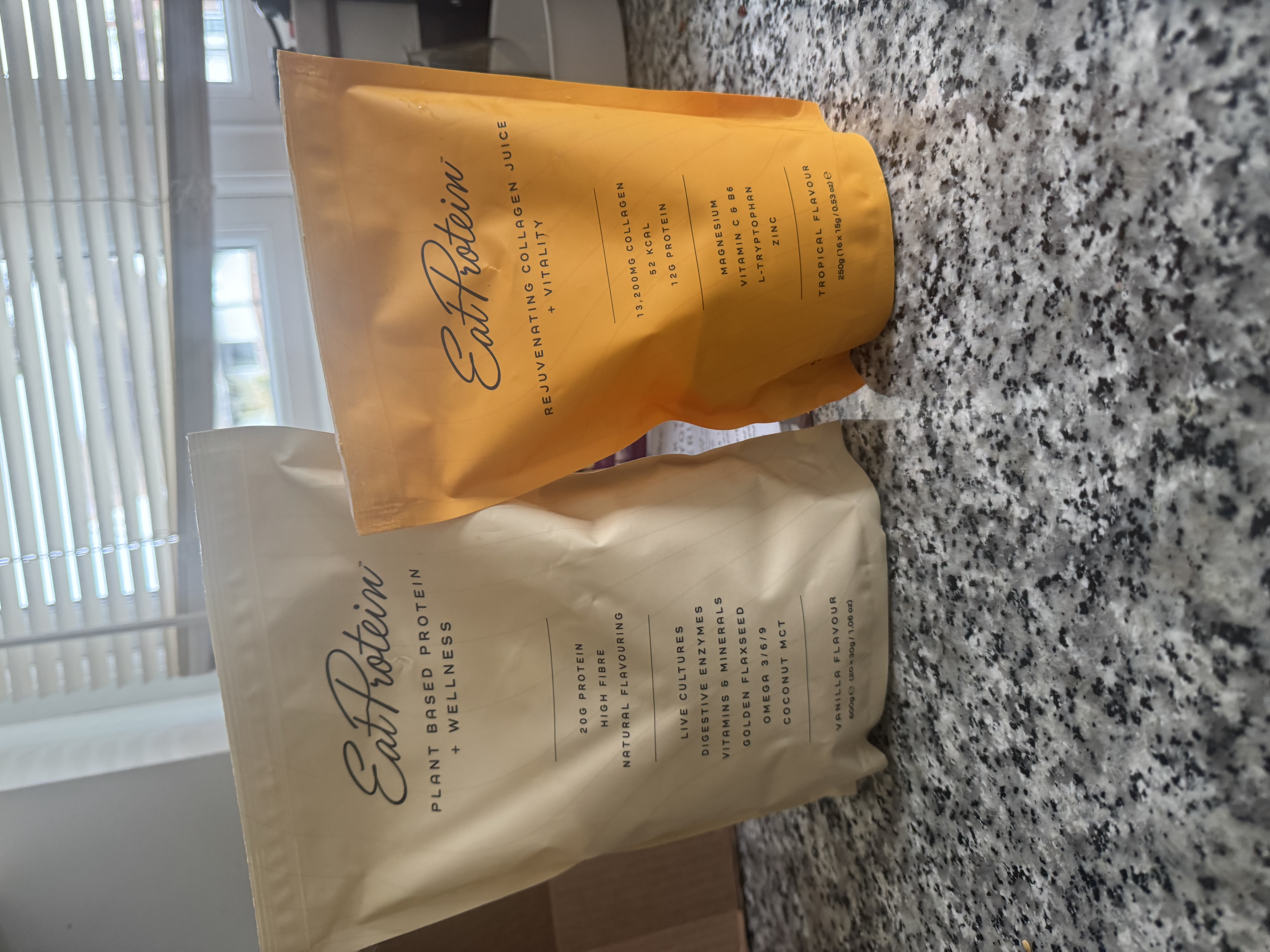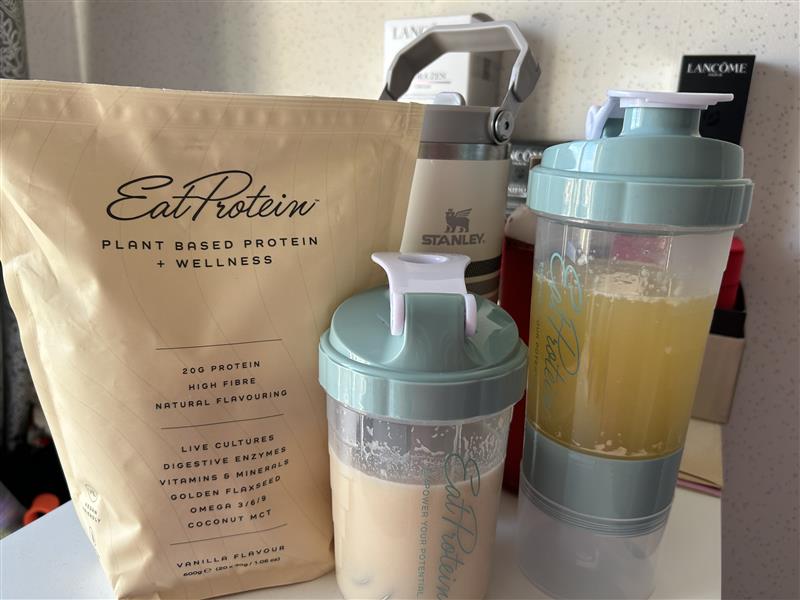
What is protein and
why is it good for you?
Protein is the basis of all our products, but why is it so good for you? Find out more about the basics of what protein actually is and how it works.
Protein is one of those things that most of us have heard of when it comes to eating healthily or exercising, but how much do we actually know about it?
For those new to taking protein products, it’s important to understand what it is you’re eating or drinking, and how it can help you reach your healthy living goals.
What is protein?
Protein is what’s known as a macronutrient. It is considered the building block of life and found in every cell in the body. The other two macronutrients are fats and carbohydrates.
It is made up of amino acids (which themselves consist of all sorts of elements such as carbon, nitrogen and oxygen) and is essential to building muscle mass. It can be found in meat and various other foodstuffs, which is where we consume it.
What does protein do?
Protein does all sorts of great stuff in our body. We don’t even realise it’s doing it, but it’s all essential to the ways our bodies function. Here are a few of the main things it does…
- Helps to make new cells and repair damaged ones
- Build muscle mass
- Transport molecules around the body
- Help protect the body from viruses and bacteria
- Help the body grow properly, particularly in children, teenagers and pregnant women
Some of those are linked of course, and they then bring with them a whole host of other benefits – or problems if you don’t get enough protein.
If you have a protein deficiency then you can suffer from a loss of muscle mass, weakened immune system and thinning hair. You can also suffer from a condition called edema, a swelling caused by excess water in your body’s tissues.
Other benefits of protein
As well as the above, there are a number of additional benefits of protein. These include:
- Make you feel full – Studies have shown that consuming protein can help you feel fuller for longer. This is partly because it affects a couple of particular hormones. It reduces levels of ghrelin, known as the hunger hormone which makes you feel hungry, while increasing levels of peptide YY which makes you feel full.
- Reduce cravings – similar to reducing hunger levels, protein can also help reduce cravings. our study involving overweight men showed that increasing protein levels in their diet reduced cravings by 60% and their desire to snack at night by half.
- Improve metabolism and help you lose weight – Keeping you full is one way that protein can help you lose weight, but it can also do so by boosting your metabolism. This is because protein takes more energy to digest than other macronutrients and therefore burns more calories.
- Lower blood pressure – this study showed that increased levels of protein brought down blood pressure, which can help guard against heart attacks, strokes and kidney disease.
What foods contain protein?
Protein is found in all sorts of foods. Some of these include:
- Lean meats and poultry, e.g. chicken, turkey, pork, beef, lamb
- Fish and seafood, e.g. fish, mussels, prawns, crab, lobster
- Eggs
- Dairy products, e.g. yoghurt, milk, cheese
- Nuts and seeds, e.g. cashews, almonds, walnuts, hazelnuts, sunflower seeds
- Beans and legumes, e.g. lentils, chickpeas, all beans.
- Vegetables, e.g. broccoli, sprouts, cauliflower, asparagus
- Tofu
- Grains and oats
There are many other foods that contain protein, but the above will put you in good stead if you’re looking to increase your fibre intake.
Sources
https://pubmed.ncbi.nlm.nih.gov/20847729/7
https://pubmed.ncbi.nlm.nih.gov/20711407/
https://www.livescience.com/53044-protein.html
https://medlineplus.gov/ency/article/002467.htm
https://www.everydayhealth.com/diet-nutrition/protein-how-much-you-need-benefits-sources-more/
https://www.healthline.com/nutrition/10-reasons-to-eat-more-protein#TOC_TITLE_HDR_7










